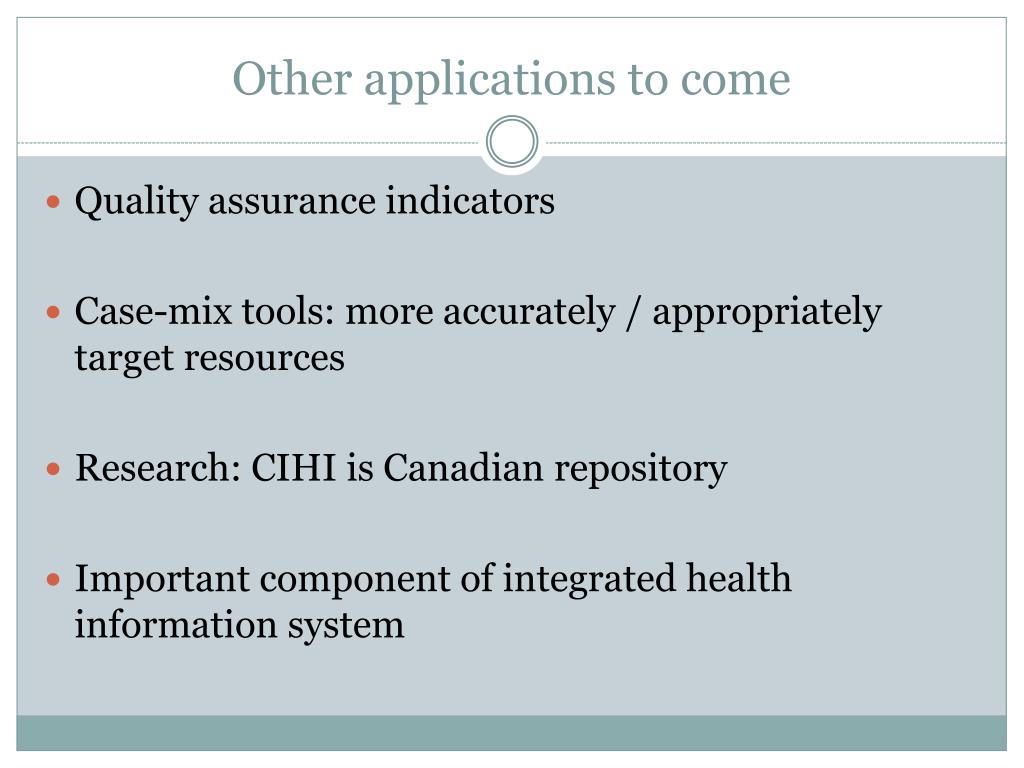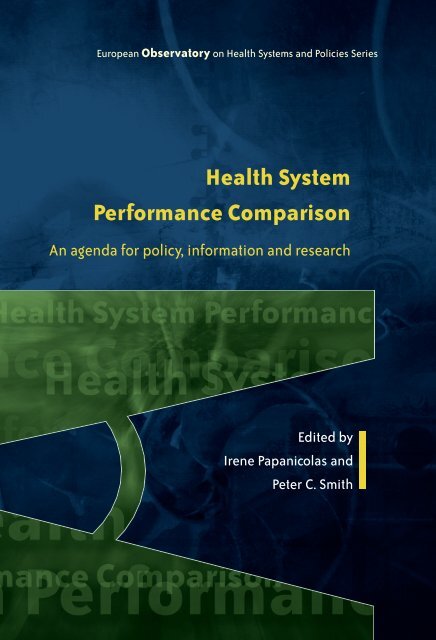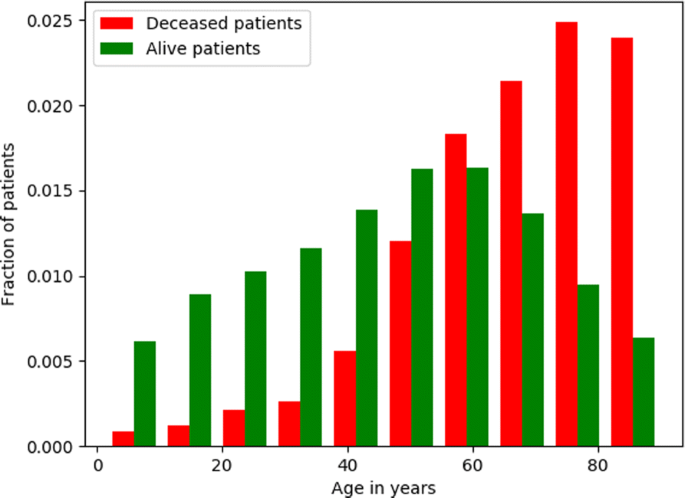The interRAI CHESS scale is comparable to the palliative performance scale in predicting 90-day mortality in a palliative home care population, BMC Palliative Care
Por um escritor misterioso
Descrição
Background Prognostic accuracy is important throughout all stages of the illness trajectory as it has implications for the timing of important conversations and decisions around care. Physicians often tend to over-estimate prognosis and may under-recognize palliative care (PC) needs. It is therefore essential that all relevant stakeholders have as much information available to them as possible when estimating prognosis. Aims The current study examined whether the interRAI Changes in Health, End-Stage Disease, Signs and Symptoms (CHESS) Scale is a good predictor of mortality in a known PC population and to see how it compares to the Palliative Performance Scale (PPS) in predicting 90-day mortality. Methods This retrospective cohort study used data from 2011 to 2018 on 80,261 unique individuals receiving palliative home care and assessed with both the interRAI Palliative Care instrument and the PPS. Logistic regression models were used to evaluate the relationship between the main outcome, 90-day mortality and were then replicated for a secondary outcome examining the number of nursing visits. Comparison of survival time was examined using Kaplan-Meier survival curves. Results The CHESS Scale was an acceptable predictor of 90-day mortality (c-statistic = 0.68; p < 0.0001) and was associated with the number of nursing days (c = 0.61; p < 0.0001) and had comparable performance to the PPS (c = 0.69; p < 0.0001). The CHESS Scale performed slightly better than the PPS in predicting 90-day mortality when combined with other interRAI PC items (c = 0.72; p < 0.0001). Conclusion The interRAI CHESS Scale is an additional decision-support tool available to clinicians that can be used alongside the PPS when estimating prognosis. This additional information can assist with the development of care plans, discussions, and referrals to specialist PC teams.

Evaluation of the Strengthening a Palliative Approach in Long Term Care (SPA-LTC) programme: a protocol of a cluster randomised control trial

Psychotropic Medication Use and Mortality in Long-Term Care Residents

PDF) Use of the interRAI CHESS Scale to Predict Mortality among Persons with Neurological Conditions in Three Care Settings

Current Oncology, Free Full-Text

Intelligent Palliative Care Based on Patient-Reported Outcome Measures - Journal of Pain and Symptom Management

PPT - An introduction to the MDS (Minimum Data Set) Assessment Instrument for Medical Directors PowerPoint Presentation - ID:154373

Health-System-Performance-Comparison

Adverse Events in Home Care: Identifying and Responding with interRAI Scales and Clinical Assessment Protocols, Canadian Journal on Aging / La Revue canadienne du vieillissement

Palliative Care and Rapid Emergency Screening Tool and the Palliative Performance Scale to Predict Survival of Older Adults Admitted to the Hospital From the Emergency Department - Jonas R. Te Paske, Sarah

Optimizing the InterRAI Assessment Tool in Care Planning Processes for Long-Term Residents: A Scoping Review - Steve Iduye, Tracie Risling, Shelley McKibbon, Damilola Iduye, 2022

Improving palliative care with deep learning, BMC Medical Informatics and Decision Making

Baseline Frailty as a Predictor of Survival After Critical Care - CHEST
Combined impairments in vision, hearing and cognition are associated with greater levels of functional and communication difficulties than cognitive impairment alone: Analysis of interRAI data for home care and long-term care recipients

Biceps brachii muscle cross‐sectional area measured by ultrasonography is independently associated with one‐month mortality: A prospective observational study - Catikkas - Journal of Clinical Ultrasound - Wiley Online Library
de
por adulto (o preço varia de acordo com o tamanho do grupo)






